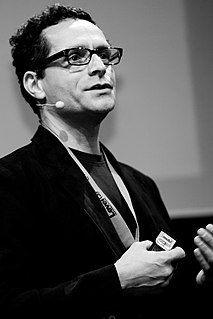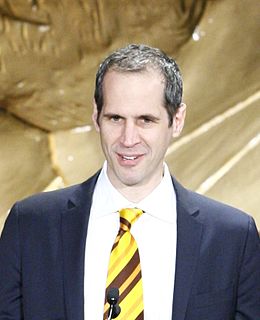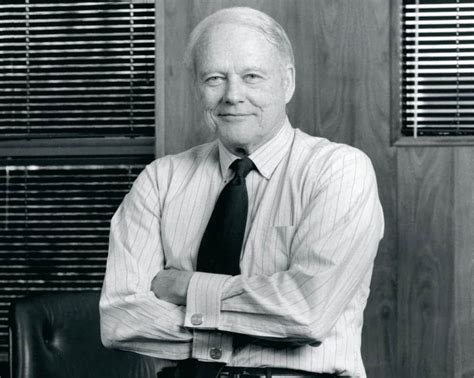A Quote by Bradley Horowitz
The beauty industry is always led by innovation. When you think about over the past three or four years, some of the best innovation in our industry has come from Korea.
Quote Topics
Related Quotes
If you look across the economy, if you have multiple players in an industry, you have more customization, more innovation, greater choice for consumers. The more you have consolidation, the less likely you are to invest in innovation. It becomes all about driving down cost and mass production. And that's not good for innovation in an industry.
We always say Jordan is not rich in natural resources - we don't have oil or gas like some of our neighbors do - but I think in terms of human resources, we are quite lucky and we are really trying to foster an environment of innovation and technology. I think Jordan will emerge as a center of innovation in the Middle East.





































